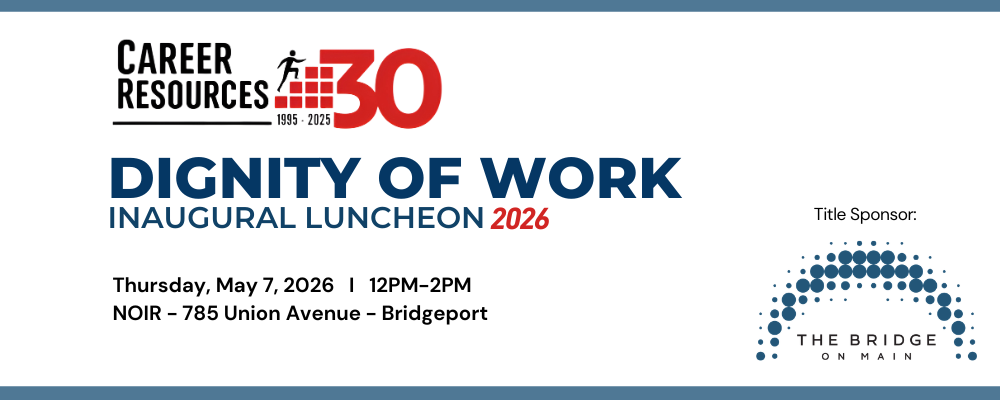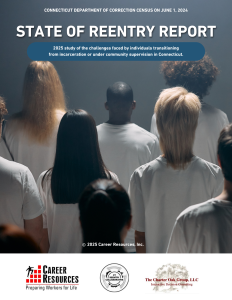



CRI offers access to employment placement and retention services, trainings, and mentorship.
System-Impacted individuals are provided with the resources essential for reintegration.
Job candidates hone occupational skills and earn credentials to best position them for success.
Celebrate 30 Years with Career Resources!
ANNUAL IMPACT

![]()

![]()

![]()

![]()
WHAT WE OFFER
We support adults who are unemployed or underemployed—95% of whom are low-income and from communities of color. Our programs help build job readiness and connect people to sustainable careers.
We walk with individuals navigating reentry, offering job placement, housing, mental health services, and more. Our wraparound approach helps reduce recidivism and rebuild lives.
Young people gain access to certifications, job training, and college prep—building confidence, soft skills, and a clear path to a better future.
2025 State of Reentry Report
A closer look at the challenges and realities of reentry across our state.
FEATURED INITIATIVES
STRIVE is a national leader in helping those facing the biggest societal barriers to employment access the training and support needed to build a career. The strive program, Career Path, follows five pillars, proven to help students find and keep jobs in growing industries. It begins with STRIVE’s signature job readiness workshop, STRIVE START. Delivered through a work-simulated environment, this program provides the training people need to not only land a job, but build a career. START focuses on mindset, accountability, personal responsibility, workplace ethics, professional etiquette, and interpersonal skills. CRI PARTNERS TO OFFER THE STRIVE PROGRAM.
Launched by CRI in 2020, Entry Point Staffing is a first-of-its kind workforce training and temporary staffing program for system-impacted individuals in Fairfield County. Agency staff work closely with employers to create a pipeline of trained, motivated workers via a well-coordinated, timely, and effective job placement program.
State of Re-entry Report is a point-in-time assessment of individuals living in Connecticut communities while still in the Department of Correction’s custody, and those being released from incarceration to communities across the state.
This snapshot examines substance, abuse, mental health, medical needs, education, employment, and housing conditions which can be barriers to successful reintegration.






